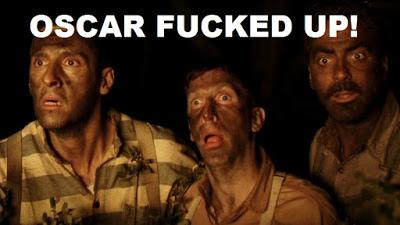Frank Borzage: Bad Girl (winner)
King Vidor: The Champ
Josef von Sternberg: Shanghai Express
What’s Missing
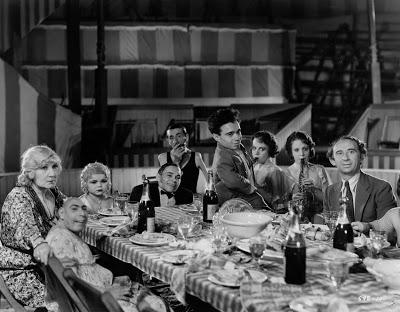
The directors who should be eligible for this award for 1932 should have released a film between August 1, 1931 and July 31, 1932. Oddly, the Best Picture winner, Grand Hotel, is listed as having a September release date. This might explain why Edmund Goulding wasn’t here, but it clearly doesn’t explain why Grand Hotel won Best Picture. Foreign films M and La Chienne were clearly worth consideration, but Oscar didn’t look overseas much at this point, leaving Fritz Lang and Jean Renoir respectively out in the cold. This was a surprisingly good 12 months for horror movies, giving us Rouben Mamoulian’s version of Dr. Jekyll and Mr. Hyde, Tod Browning’s effective career-ending Freaks, and James Whale’s timeless classic Frankenstein, but Oscar was unwilling to look to genre at this time. The biggest miss in the more mainstream films was for Howard Hawks and Richard Rosson for the blistering Scarface: The Shame of a Nation.
Weeding through the Nominees
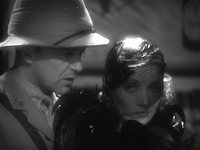
3. A few weeks ago when I did the previous year in this category, I complained about the fact that the nominations were such drips compared with the eligible directors. I’m going to say the same thing this week, starting with the gloopy Shanghai Express. This is a film that desperately wants to be romantic and exotic, and aside from having Marlene Dietrich in a lead role, it fails entirely. There’s no chemistry here, and while some of that is the fault of the casting director or the actors, the director gets the blame. This is von Sternberg’s baby, and he shouldn’t have brought it to term.

2. I respect The Champ more than I like it. That’s no disrespect to the movie, which is very much a product of its time in all respects. It’s creaky and melodramatic, but that’s what audiences wanted in the early days of talkies and the times of the Great Depression. While The Champ is replete with the faults of its time, King Vidor manages to instill it with a great deal of love and warmth, almost in spite of the melodrama. He gets the credit for that, and in a weaker year, I’m okay with this as a nomination.
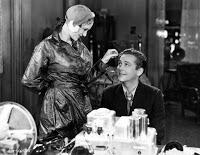
My Choice
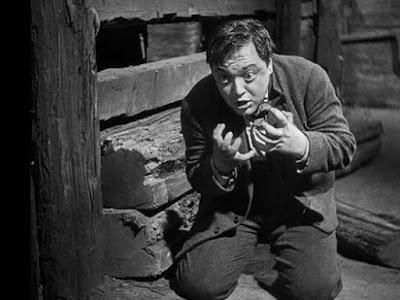
Let’s be serious for a minute here: In a perfectly fair world, we’re talking about how amazing it was that the Academy decided in these early years of giving out golden statues that they nominated and awarded a German director who made a German-language film about a child molester for Best Director. This should have been Lang’s award, and if not his, probably Renoir’s. Given that the Academy wasn’t going to leave the United States for its nominations at this point in history, the true winner should have been James Whale in a walk.
Final Analysis
